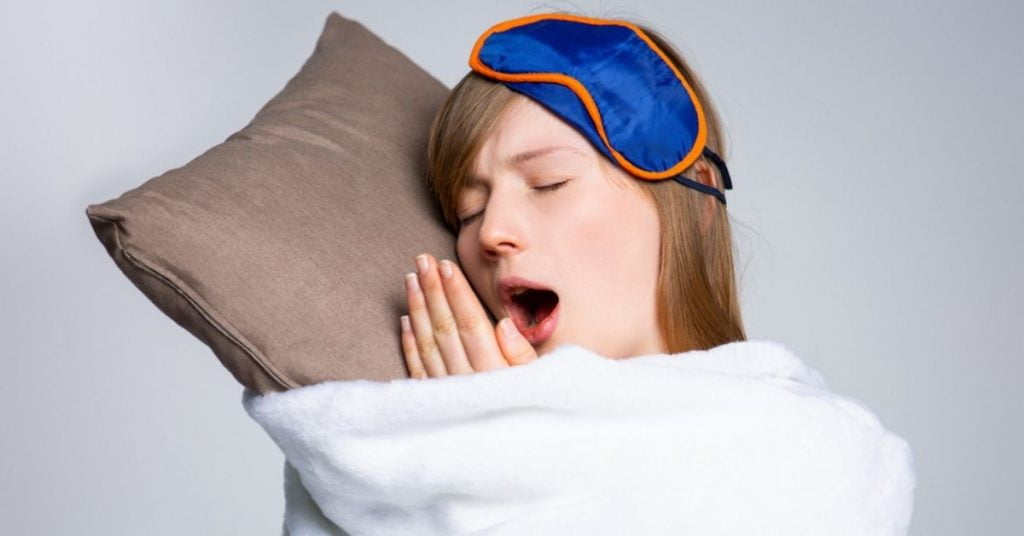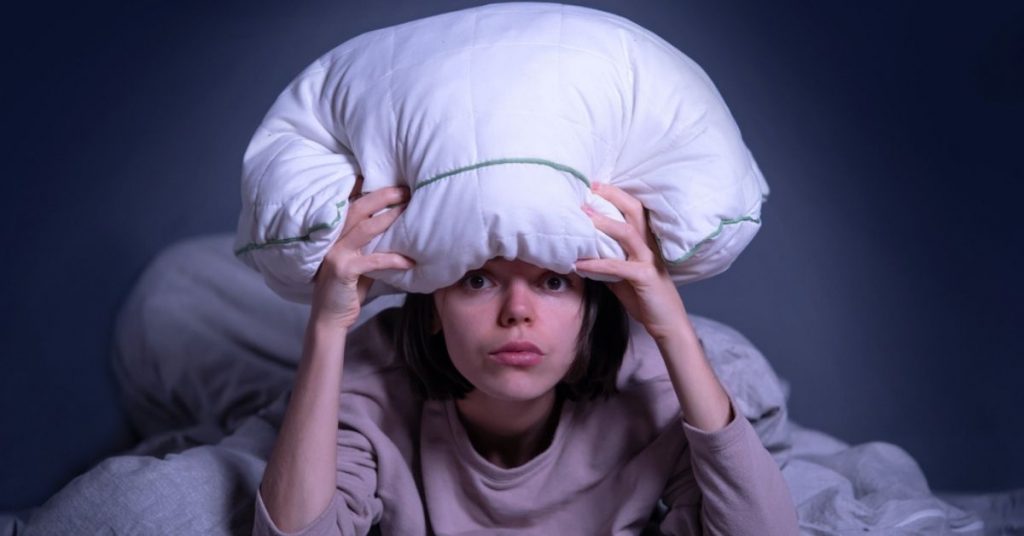
7 Misinformation About Melatonin: Did You Know These?
Using melatonin correctly can help solve problems related to sleep and mood. But melatonin can be deceiving and misuse of melatonin can cause sleep disturbances and even depression, so you should have detailed information about melatonin before using it. We have compiled false information about melatonin for you, which is thought to be true by everyone.
Misinformation About Melatonin, Supposed to be True by Most
Mistake # 1 Melatonin is a Sleeping Medicine

Many people assume melatonin to be a natural sleeping pill. There can be no more wrong idea than that. Melatonin alone does not induce sleep and is generally effective only for short-term use. We should think of melatonin more as a “harbinger of the dark” and know that melatonin informs the brain that the night or winter is coming. When taken at night or in the dark, melatonin can speed up the sleep process and inform the brain to turn your body clock back in relation to bedtime.
Mistake # 2 I can always use melatonin

When melatonin is used in daylight, it can have an adverse effect. When the body clock receives conflicting signals during the day and night through melatonin, your task may be surprised and your sleep time may be disrupted.
Mistake # 3 Because Melatonin Is A Natural Dietary Supplement Does Not Have Any Damage

Melatonin used in wrong dosage and timing can pose serious health risks. It has been observed that melatonin taken during the day triggers depression. When we think that melatonin can distract us, lie on our back, take our hands off from work, and make us touchy, it would make sense that use during the day is not very mind-blowing.
Mistake # 4 I Need Melatonin to Help Me Sleep

Usually, insomnia isn’t caused by a melatonin deficiency. Increasing melatonin may obscure the real causes of your sleep problems. If you can sleep using melatonin, you must be suffering from sleep disturbances caused by body clock distortion. That is, the body releases melatonin and other sleep hormones at the wrong time of the day and you do not have the necessary melatonin in your body at bedtime. Melatonin does not solve sleep problems and can push a person into a depressed mood. Generally, body clock related sleep disorders are corrected with light therapy. Because this is an effective way for the body clock to reset itself.
Mistake # 5 I Should Continue Using Melatonin

Sleep experts do not recommend using melatonin for longer than two weeks at a time. Melatonin is effective in increasing signal and helps regulate sleep hours. Long-term use of melatonin is a symptom of more serious sleep disorders that should be addressed by sleep experts.
Mistake # 6 Dose Doesn’t Matter

The problem is that researchers have an idea of its function and dosage long after melatonin’s discovery. For example, in the late 80’s and early 90’s, melatonin was known as the sleep hormone. But now we know it’s much more complicated. Also, a tablet dosage is about 3-5 mg. It changes between. Evidence shows that adult males only need 150 micrograms and adult females only need 100 micrograms of melatonin. An average melatonin product is 20-60 times more than we need! Try dividing the melatonin pill you use into four, if not, use the lowest dose on the market. Do not break time-release melatonin pills, it may damage the release quality.
Mistake # 7 I Don’t Take Melatonin, I Don’t Need to Worry

This may be the most costly mistake people can make. Melatonin is a major night hormone. It does an excellent job in the body at night, such as helping the heart and vital organs rest at night. It is also a powerful antioxidant and helps you to sleep at night while helping to remove toxins and free radicals from the body.
But we do things from time to time to prevent the release of melatonin, and this is very dangerous. When we sit late at night or stay on the night shift, we stop our bodies from producing melatonin. This increases the risk of heart attack, hypertension, diabetes, and cancer. Studies have found that women who work in shifts have 500% more breast cancer men and 50% higher risk of bone cancer. People can face this risk without realizing it.
Why Should I Use Melatonin ?

The first thing you need to know about melatonin is that its half-life is very very short and it is active in your body for only 20 minutes. It is very important to use different types of melatonin for different reasons.
To Make Sleep And To Shorten The Sleep Time
If it’s more than an hour before you fall asleep and you intend to push your sleep time forward by more than an hour, try time-release melatonin. It is also extremely important to choose a brand that meets high quality and standards. Take the lowest dose and DO NOT divide the pill.
When And How To Take It

Take it 1-3 hours before bedtime, depending on the type of problem. Since time-release melatonin stays in the body for 3-4 hours, if you are aiming to regain your sleep time for more than 3 hours, take another tablet within 3-4 hours.
To Shorten The Sleep Time To Less Than One Hour
If it takes you an hour or less to fall asleep, you can use the standard and lowest dose of melatonin.
For Night Wakes And Early Wake Up Problems

Try sublingual (oral, sublingual / dragee style) melatonin. This kind of melatonin quickly penetrates the body and is not processed in metabolism.
For 1 hour or less awakenings, put 1 sublingual melatonin under your tongue.
Warnings
Melatonin should not be used by anyone exposed to obvious sunlight and driving. Light therapy should also be applied to regain sleep time by more than an hour. Do not use melatonin for more than 14 days.
If you have to wake up within 2-3 hours in the morning, use regular melatonin instead of time release. It can cause a depressed and sleepy mood during the day. Do not use melatonin if you have been standing for 1 hour or less than you should wake up.











